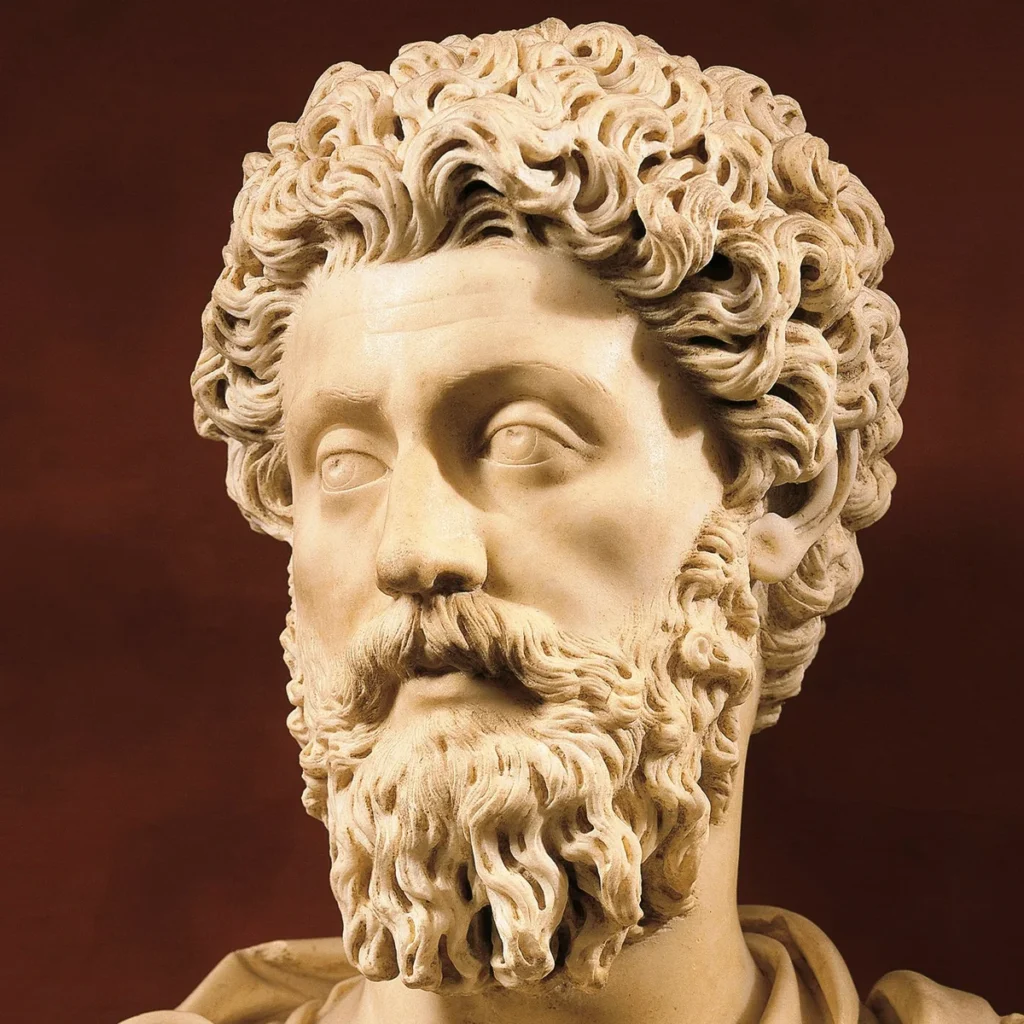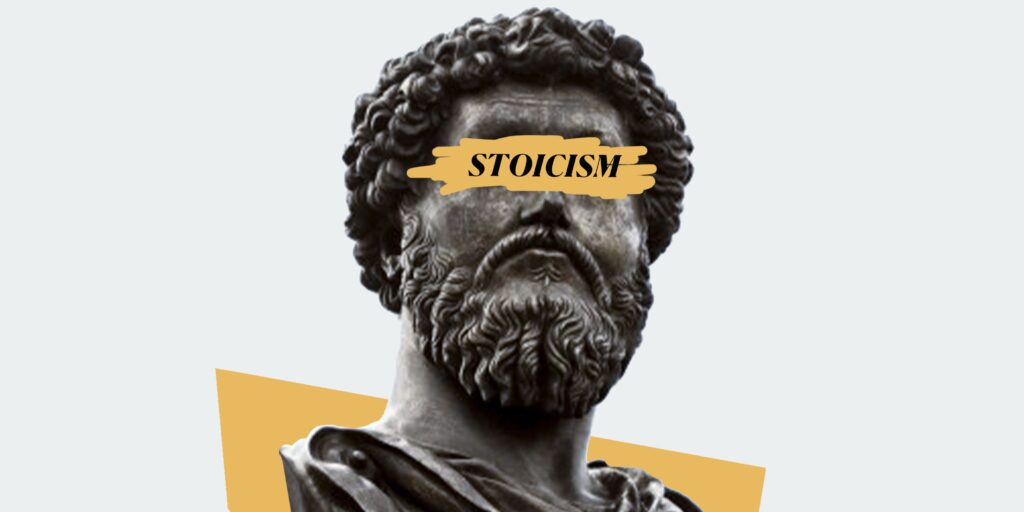The world is full of distractions and emotional ups and downs, what if there were a philosophy whose foundation was based on being calm, focused and relaxed in the face of adversity? Let me introduce you to stoicism. Originally called Zenonism based on its founder Zeno of Citium(the name “Zenonism” was dropped after stoics thought that their founder was not perfectly wise). Stoicism flourished in ancient Greece and ancient Rome. Some notable followers were Seneca, Epictetus and Marcus Aurelius, whose works are notable in the field even in today’s philosophical literature era. The school of stoicism teaches the development of self-control and fortitude to overcome adversities. Stoicism is not just a theoretical philosophy that can’t be implemented unless in an ideal world, it is more towards the practical spectrum and can be used to improve ones day to day life. This article will break down the core principles of Stoicism and how to integrate them into daily life for greater resilience, clarity, and inner peace

Core Principles of Stoicism
Stoicism revolves around 4 core virtues which form its foundation. They are:
Wisdom(Phronēsis)
This virtue involves understanding nature and an individual’s place in it. It is not about accumulating knowledge but applying what one understands to make rational choices in life. It involves the ability to distinguish between what is within our control and what isn’t, and making decisions based on that.
Courage (Andreia)
This virtue involves facing adversity, and challenges with strength and resilience, and remaining steadfast in the face of hardships. This is not about being fearless, but rather acting with integrity despite fear.
Justice (Dikaiosynē)
This virtue is about moral integrity—doing what is right, not just what is beneficial to oneself. It involves treating others with fairness and ensuring that our actions contribute to the greater good. Both in one’s dealings with others and in one’s actions.
Temperance (Sōphrosynē)
This virtue promotes self-control, moderation, and balance in all aspects of life, including desires, emotions, and actions. A Stoic does not overindulge in pleasures or react impulsively to emotions.
These 4 virtues form the foundation of stoicism, but stoicism is also built on practical principles that guide our perception of life, suffering and fate. The three most profound are Dichotomy of Control, Amor Fati, and Memento Mori.
Dichotomy of Control
It is one of the core tenets of stoicism, which categorised life into 2 parts i.e. things we can control and things we can’t. Epictetus said “Some things are up to us, and some things are not”
- What We Can Control: Our thoughts, actions, choices, and reactions.
- What We Cannot Control: External events, other people’s opinions, our past, and even aspects of our own bodies like ageing or illness
By focusing only on what we can control and accepting what we cannot, it helps eliminate unnecessary stress, anxiety, and frustration. Instead of worrying about unpredictable circumstances, we direct our energy toward our actions and responses—things entirely within our power
Amor Fati
Meaning “love of fate” is the idea that we should not just accept everything that happens to us but embrace it wholeheartedly. Rather than resisting difficulties or regretting the past, Stoicism encourages us to see every event—good or bad—as something necessary for our growth.
Memento Mori.
One should regularly remind themselves of their mortality with the practice of Memento Mori, which means “Remember you must die.” This is not meant to be morbid but rather a tool for living fully.
By acknowledging that life is fleeting, we:
- Stop wasting time on trivial matters.
- Let go of petty grievances and unnecessary desires.
- Prioritise what truly matters—living virtuously and meaningfully.
Applying Stoicism to Modern Life
As talked about in the first virtue i.e. accumulation of knowledge doesn’t mean anything if you can’t apply it. Below are some of the ways u can apply the principles in your life
1. Morning and Evening Reflection
- Begin your day with meditation: visualize potential challenges and mentally prepare yourself to respond with wisdom and composure.
- End your day with: reflecting on your actions, where you applied Stoic virtues, and where you can improve.
- Marcus Aurelius used journaling for this purpose, writing reflections that later became Meditations. (https://www.amazon.in/Meditations-Marcus-Aurelius/dp/8175994754)
2. Focus Only on What You Can Control
- Whenever you feel frustrated or anxious, ask yourself: Is this within my control?
- If yes, take action. If no, let go and accept it with calmness.
- This shift in mindset reduces stress and improves emotional stability.
3. Practice Voluntary Discomfort
- Seneca and other Stoics recommended intentionally exposing oneself to discomfort (e.g., fasting, cold showers, sleeping on the floor) to develop resilience.
- This practice helps detach from luxury and prepares the mind for adversity.
4. Respond, Don’t React
- Train yourself to pause before responding to emotions or external events.
- When insulted or angered, remind yourself: I control my reaction.
- This prevents rash decisions and fosters emotional discipline.
5. Use Negative Visualization (Premeditatio Malorum)
- Regularly imagine worst-case scenarios—not to be pessimistic, but to prepare your mind.
- By rehearsing adversity in your mind, you become mentally equipped to handle it calmly.



